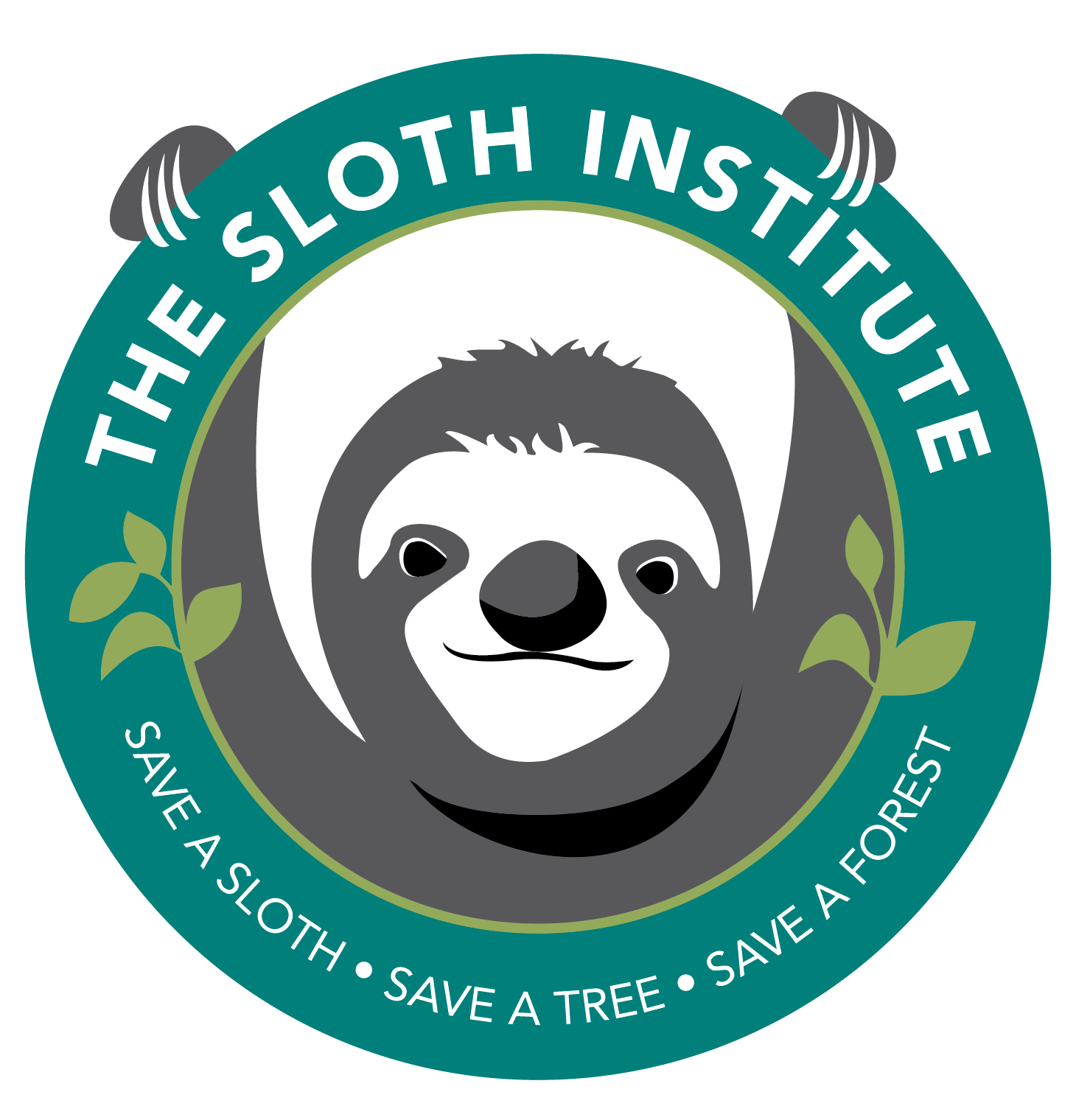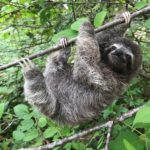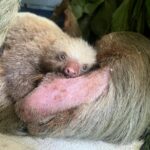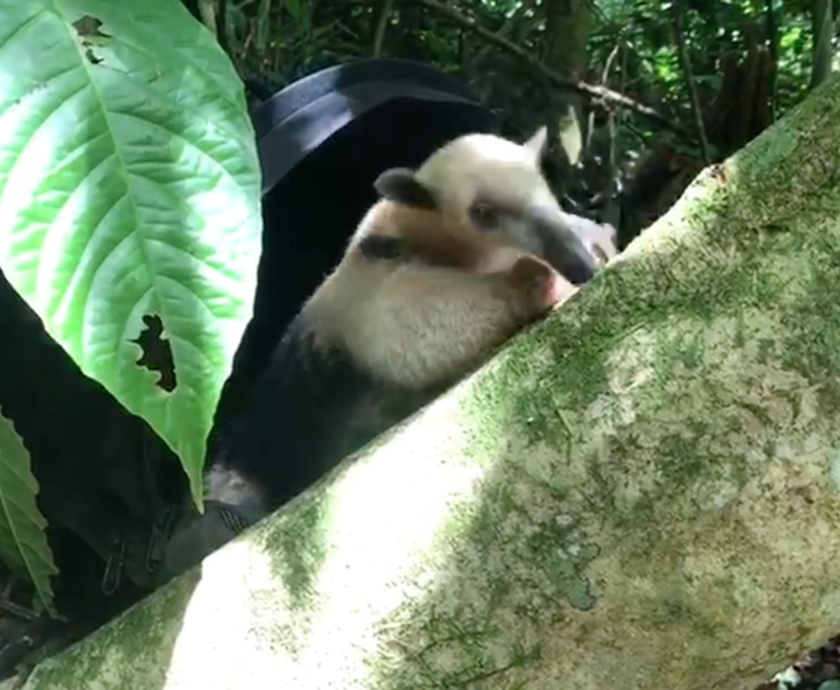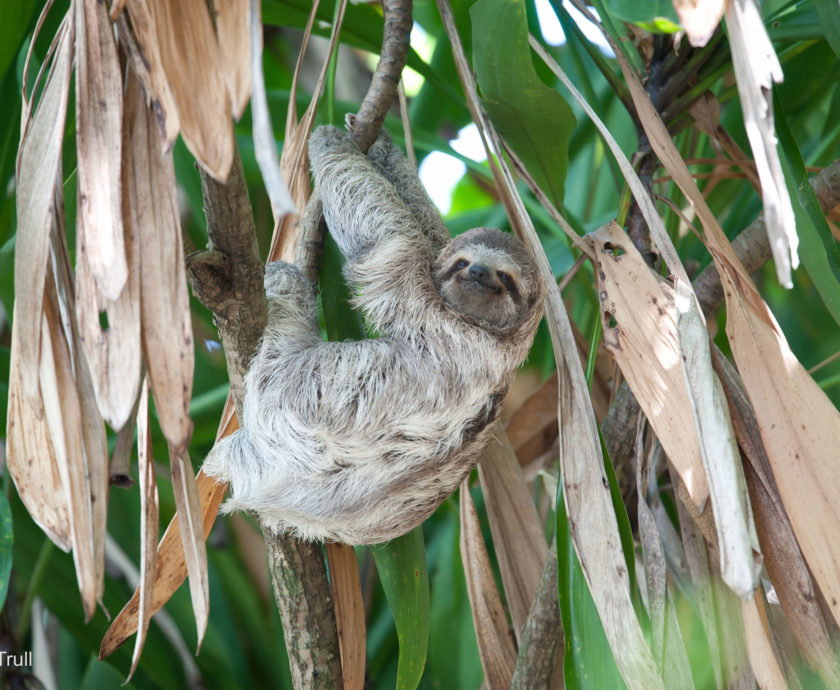Costa Rica is a country known for its stunning natural beauty, from sparkling oceans to lush rainforests. However, the rapid development of suburban areas is causing human activities to become closely intertwined with domestic dog-wildlife conflict. This conflict is characterized by urban development within, or effacing, natural wildlife habitats, and the presence of dogs in rural, peri-urban, and bordering forests in protected areas, which has been well documented. Unfortunately, dog-wildlife conflict not only harms wildlife, but also introduces new pathogens into the environment, many of which most wildlife are not equipped to defend against. This anthropogenic introduction of pathogens is called pathogen pollution, and in Costa Rica, it raises significant concerns for biodiversity.
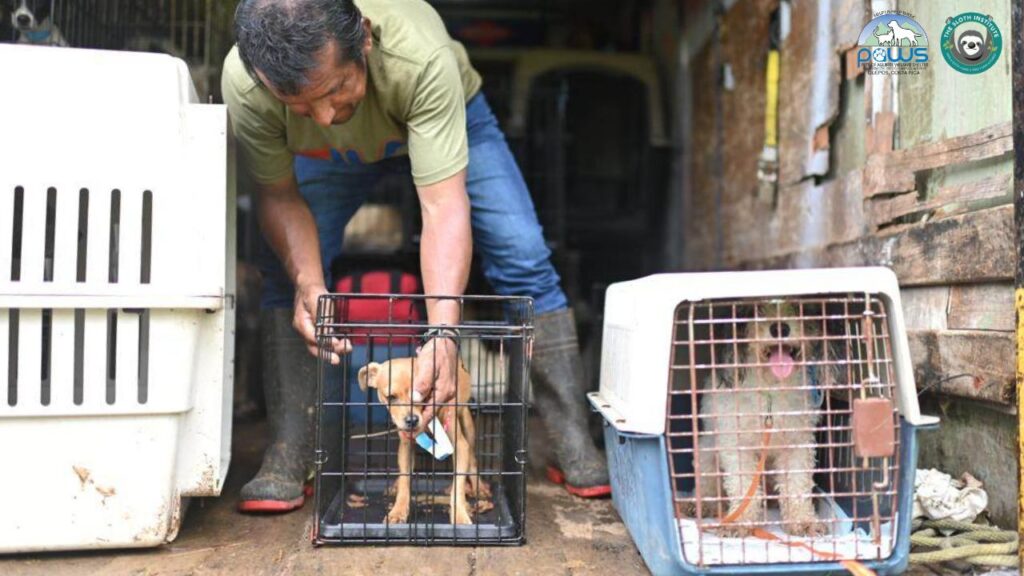
Several emerging diseases have been identified due to pathogen pollution, including the emergence of eco-epidemiological patterns that raise concerns for wildlife populations. Tropical regions, such as Costa Rica, have heightened risks of parasitic disease emergence because of the rich biodiversity, increased number of potential parasitic hosts, and habitat fragmentation that facilitates spatial overlap between humans, domestic animals, wildlife, and the parasites hosted by them. These interactions may thus provide opportunities for parasite shifting, or pathogen pollution, into novel taxa, particularly when the parasite is considered to be a host generalist.
Domestic dogs are a direct and indirect threat to the fauna of Costa Rica. The indirect threat includes disease transmission, which has implications for One Health. From a conservation standpoint, domestic dogs have been associated with the extinction of 11 vertebrate species. However, the true impact, in the long run, is likely underestimated. In fact, it is becoming evident that the impacts of domestic dogs on wildlife from direct and indirect interactions are highly dependent on responsible ownership, which ties directly to a One Health approach.
One Health is an approach that recognizes the interconnectedness of the health of humans, animals, and the environment. It is based on the fact that the health of humans, animals, and the environment is closely intertwined, and it is impossible to achieve optimal health outcomes without considering all three. One Health is a collaborative, multidisciplinary approach that emphasizes the importance of communication and cooperation between medical professionals, veterinarians, and environmentalists, among others. It seeks to promote the health and well-being of all interconnected systems by addressing the root cause of problems rather than merely treating symptoms. Ultimately, it aims to achieve optimal health outcomes for humans, animals, and the environment, in a sustainable and equitable manner.
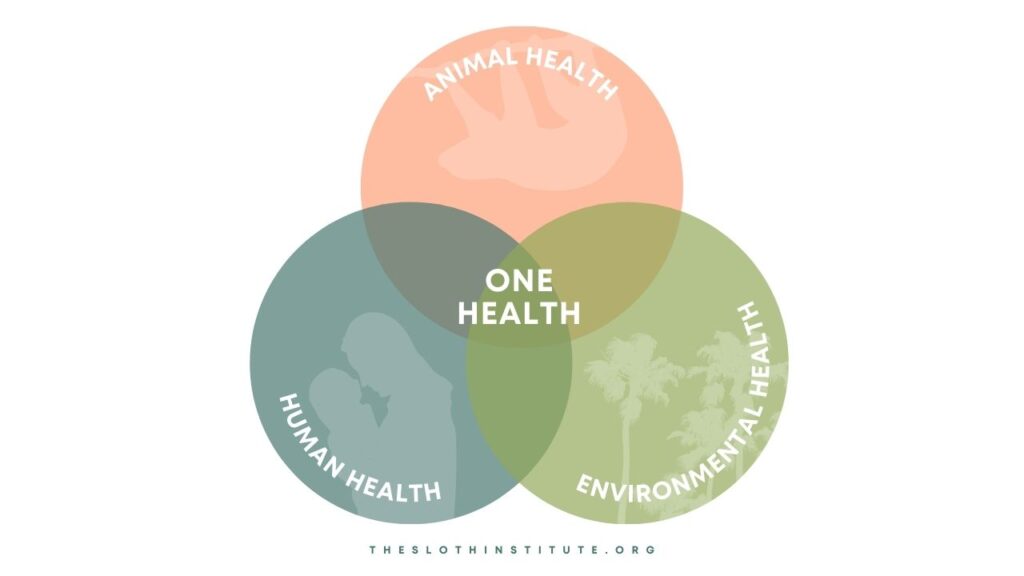
Given the importance of biodiversity in Costa Rica, steps must be taken to reduce the impact of domestic dogs and mitigate the risks associated with pathogen pollution. A One Health approach that includes education and mitigating socioeconomic factors could help to reduce human-dog interactions and the spillover of pathogens between dogs, wildlife, and humans. Responsible dog ownership practices such as properly restraining dogs to prevent them from harming wildlife or coming into contact with their feces can also reduce the risks of disease transmission.
Here at The Sloth Institute, we are helping solve this problem by working in collaboration with Pets of Aguirre Welfare Shelter (PAWS) to spay and neuter rescued cats and dogs, in addition to developing vaccination and deworming campaigns for low-income families. We involve ourselves because our research has shown that sloths are susceptible to numerous diseases and parasites from both infected cats and dogs including distemper, mange, intestinal worms, ticks, and tick-borne diseases. Beginning April 28th, 2023, we are launching our first campaign with PAWS which will offer free vaccinations to pets belonging to families in need, making pet care accessible to all.
As a nonprofit organization focused on sloth conservation, we are committed to this cause and have allocated a significant portion of our resources toward it. In fact, we have already purchased 200 dog vaccines to kick off the campaign.
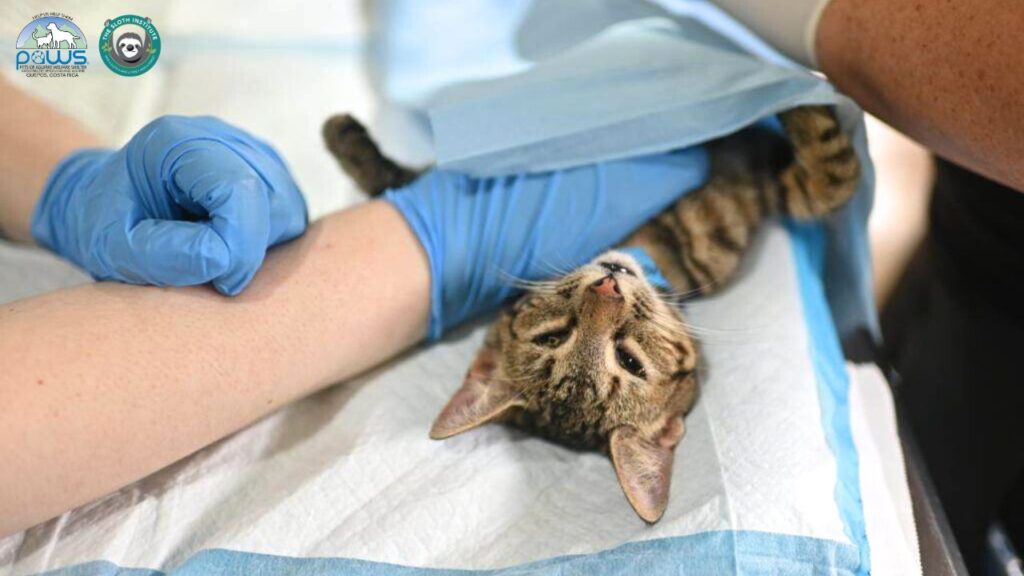
In summary, the conflict between domestic dogs and wildlife in Costa Rica has significant impacts on biodiversity, including the spread of zoonotic diseases. Mitigating these impacts is crucial for the protection and conservation of biodiversity in tropical regions. By promoting responsible dog ownership practices and adopting a One Health approach that emphasizes the interconnectedness of the health of humans, animals, and the environment, we can work towards a future where dogs and wildlife can coexist in a healthier, safer manner.
Opt to vaccinate your pets and support this cause by visiting our website to make a donation. You may also donate directly to PAWS.
